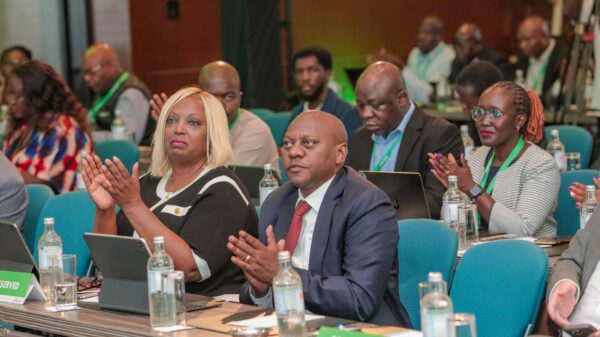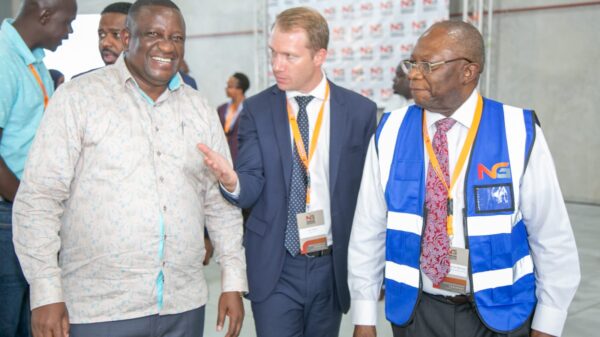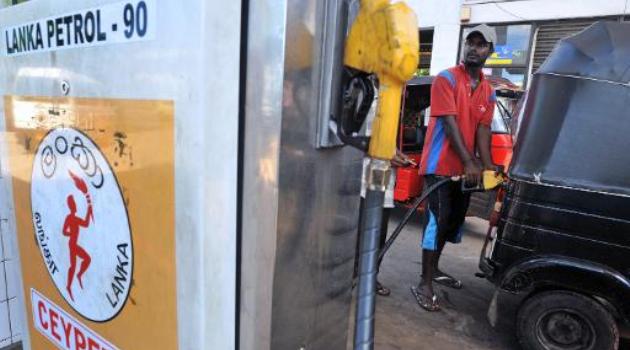ARUSHA, Tanzania, Feb 27- A two day meeting to discuss the accomplishments that the East African Community (EAC) has made so far as well as the macroeconomic policy challenges facing it as it looks to deep the regional integration, opens in Arusha , Tanzania on Monday.
The meeting organised by the EAC and the International Monetary Fund (IMF) is being held against the backdrop of the unfolding eurozone debt crisis from which the regional bloc is expected to borrow lessons.
“We will discuss the macroeconomic policies that are needed to support this market. (we will discuss) how to maintain low inflation; budget needs and critical spending needs without excess borrowing,” said IMF, Deputy Managing Director Naoyuki Shinohara.
The debate is particularly crucial for the bloc is which eyeing a single currency and later political federation.
For it to achieve these dreams however Shinohara emphasised the need for the member countries to register sustained growth which can only be done if they foster a business climate that promotes investments, productivity, job creation and a high quality of life.
Shinohara said such measures require that the countries are on the same page when it comes particularly to fiscal management and policy harmonisation.
“I think everybody would agree on the importance of institutional mechanisms that enforce fiscal discipline to sustain a currency union. Countries also need to be alert to emerging differences in competitiveness, once the single currency is in place,” he cautioned.
The ongoing problems in Europe, he pointed out provide a good opportunity for East Africa to learn which pitfalls to avoid. However, he warned, Europe does not provide all the answers that the region needs to move forward.
The Deputy MD cited for instance the European single currency which provided the bloc with access to a very large pool of savings at low interest rates. In East Africa however, domestic savings are very low and can therefore not be relied upon to support certain development.
“As a result, a single currency in the EA would not result in the same macro economic landscape as in Europe and the risks would potentially be different,” he observed.
In addition, while the region is projected to continue posting the fastest economic growth rates in the world, he advised the member countries to factor in the challenges in the eurozone especially because Europe is one of EAC’s major trading partners.
If they do not do so, the debt crisis has the potential to threaten the positive growth trajectory and thus jeopardise their plans to industrialise and become a middle-income region in the next decade.

























